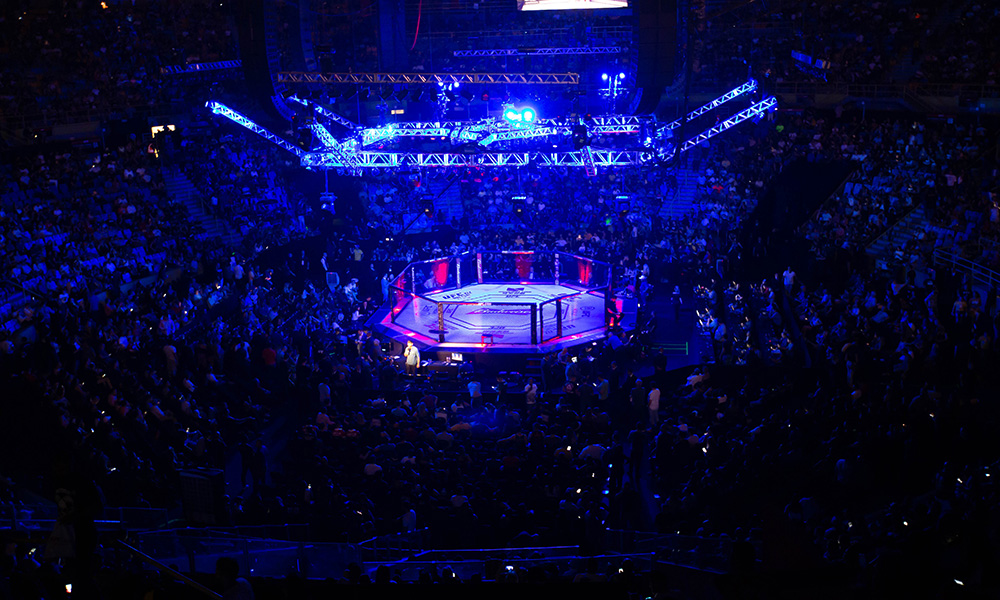On December 1st, 2022, the Alcohol and Gaming Commission (AGCO) released a press statement requiring registered iGaming operators to cease offering and accepting UFC bets due to concerns over betting integrity.
AGCO’s reasoning behind the ban is that the UFC does not prohibit all insiders from betting on UFC events. Insiders include athletes’ coaches, managers, handlers, trainers, medical professionals, or other individuals with access to non-public information. This goes against the AGCO’s Registrar’s Standards, which require that rules and codes shall be prescribed and enforced, including prohibitions on betting by insiders, and that there are enough integrity safeguards in place to prevent match-fixing and any other activity that could influence the outcome of bet upon events.
The AGCO is responding to suspicious betting patterns relating to a UFC fight between Darrick Minner and Shayilan Nuerdanbieke on November 5th. Darrick Minner’s coach, James Krause, is a former UFC fighter who has a betting operation called the 1% Club and is paid for his UFC betting advice in addition to being Minner’s coach.
Here are my key takeaways from AGCO’s decision:
AGCO’s Bold Step is a Commitment to Integrity
It’s clear AGCO made the right decision, regardless of your perspective. The AGCO was the first jurisdiction to impose a blanket prohibition on UFC betting. Its decision became an international news story that led to another jurisdiction prohibiting UFC betting. The AGCO understood that there would be consequences for players and operators as a result of its decision, given the popularity of UFC betting. However, taking the step to ban UFC betting sent a message to all leagues to review and strengthen their integrity policies and procedures.
The UFC Ban Will Not Be Permanent
As stated in AGCO’s press release, “once necessary remedial steps have been taken, they [operators] may provide information demonstrating that UFC bets or betting products meet the Registrar’s Standards”.
The UFC is under pressure from iGaming operators, gaming regulators, and the Nevada State Athletic Commission. One day after the AGCO prohibition, the UFC prohibited fighters from being trained by James Krause (pending the result of the government investigations), released Darrick Minner and publicly reaffirmed its commitment to integrity.
I am confident that integrity is now top of mind for the UFC and that it is only a matter of time before registered operators are allowed to offer UFC bets.
The Ontario Unregistered Market Gets a Boost
UFC betting is hugely popular, and players who want to bet on UFC will now do so on unregistered Ontario sites. Some players may return to the registered market once UFC betting is reinstated. However, players will likely remain with their existing unregistered sites, primarily due to the challenges of acquiring new players without being able to advertise promotions (except through direct mail, once a player has given consent).
AGCO Affirms its Commitment to Player Protection (Hopefully)
This was not an easy step for AGCO to take, but it indicates that it takes player protection very seriously. While player protection is a responsible gambling or betting integrity issue, it is also becoming a consumer protection issue.
There are numerous reports of operators engaging in questionable marketing practices related to honoring bonuses, taking too long to process withdrawals, using enhanced due diligence to delay withdrawals, or voiding and retroactively changing the odds of bets after a market has been completed. These practices are not new, but I am surprised at their frequency in a strongly regulated market.
By banning UFC, AGCO is stating that player protection is a priority. The question now is, will they protect players from a consumer protection perspective?




